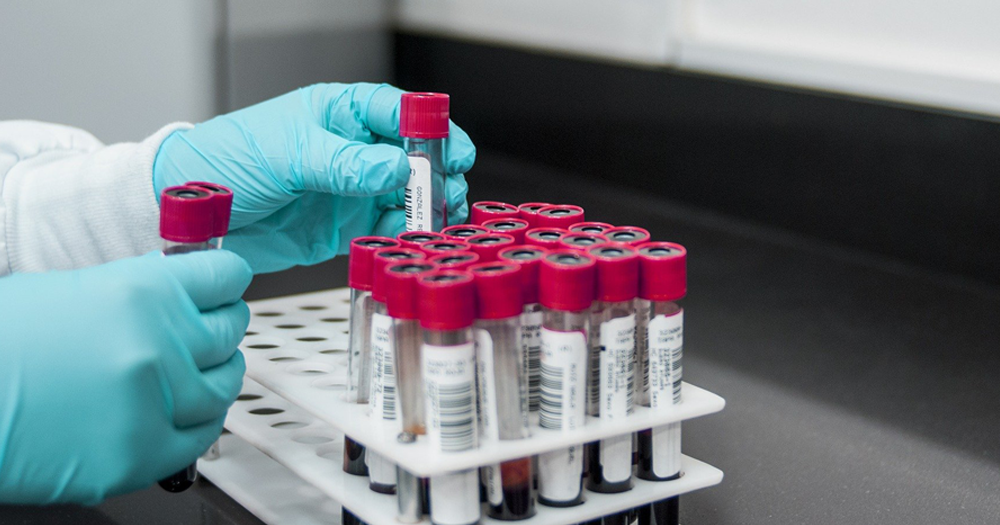The Minister for Health of Greece, Thanos Plevris, has signed a decree to lift a controversial ban on blood donation. The ban, which was imposed in the 1980s, prohibited any man who had had sex with another man since 1977 from donating blood.
The move came following Minister Plevris’s appointment last September. According to a report on Athens based news site ekathimerini.com, shortly after his appointment, the Minister instructed the President of the National Blood Transfusion Centre of Greece to review the ban.
The decree, which was co-signed by Deputy Minister Mina Gaga, will come into force upon publication in the Government Gazette later this year and it will implement a new declaration form which prospective blood donors must complete. The new document removes homosexual acts from the list of criteria debarring someone from donating blood.
During the 1980s, at the height of the AIDS epidemic, a blood ban on high-risk groups, such as gay, bisexual and men who have sex with men ( GBMSM ), was enacted in response to ineffective screening processes. Due to government bodies, initial dismissal of the virus and silencing of queer voices, healthcare systems were unequipped to handle this ever-evolving situation and restrictions on donations emerged as one solution.
Greece’s decision to lift the ban follows a growing trend in countries to remove archaic policies in light of safer blood screening systems and improved treatments for blood-borne diseases such as HIV and Hepatitis.
It was reported in December that Ireland is also set to follow suit later this year with a phased lifting of restrictions resulting in a similar assessment form policy.
The new policy will replace the current restrictions whereby a deferral period is applied to GBMSM who wish to donate, meaning they must abstain from sexual activity with other men for one year before they are allowed to donate.
The changes to the Irish policy are to be carried out in two phases. The first phase would see the 12-month restriction lifted to four months.
The second phase, which will be dependent on the Irish Blood Transfusion Service implementing an electronic individual risk assessment, would eventually see the restrictions being fully removed in favour of an individual assessment process similar to Minister Plevris’s new decree.
© 2022 GCN (Gay Community News). All rights reserved.
Support GCN
GCN is a free, vital resource for Ireland’s LGBTQ+ community since 1988.
GCN is a trading name of National LGBT Federation CLG, a registered charity - Charity Number: 20034580.
GCN relies on the generous support of the community and allies to sustain the crucial work that we do. Producing GCN is costly, and, in an industry which has been hugely impacted by rising costs, we need your support to help sustain and grow this vital resource.
Supporting GCN for as little as €1.99 per month will help us continue our work as Ireland’s free, independent LGBTQ+ media.
